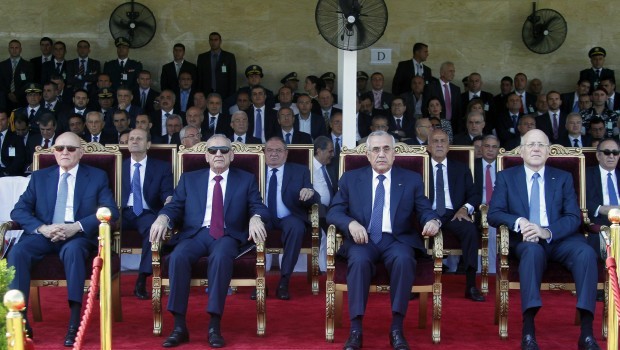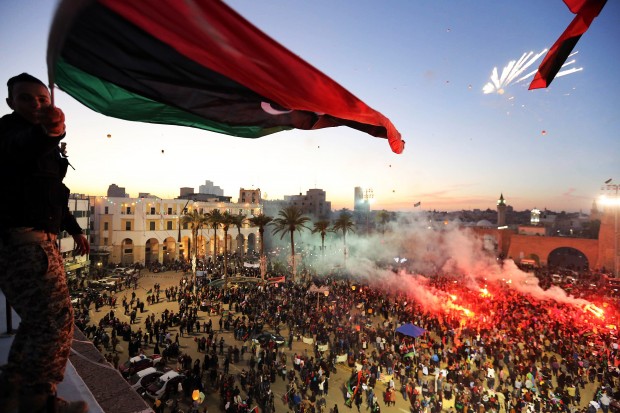
Caption:
Thousands of Libyans celebrate the second anniversary of the Libyan uprising at Martyrs square on February 17, 2013 in Tripoli. AFP PHOTO/MAHMUD TURKIA

Caption:
Libyan Prime Minister Ali Zeidan speaks during a press conference on January 22, 2014 in the capital Tripoli. Zeidan vowed on January 21 to stay at his post, as Islamist ministers quit in protest at persistent lawlessness that saw him briefly abducted last year. AFP PHOTO / MAHMUD TURKIA
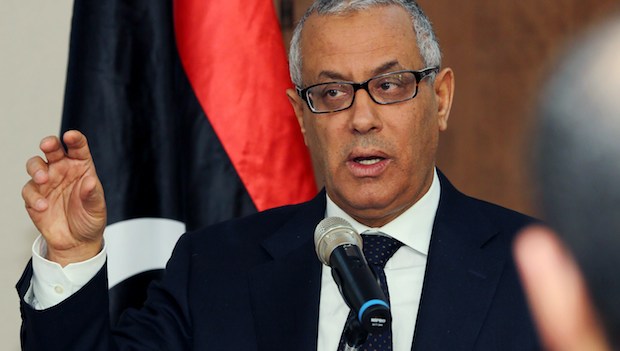
Debate: Libya’s institutions can facilitate the political transition
There are four fundamental institutions in Libya that need to reconsider their configuration and the nature of their work. However, it is possible to argue that they are already in a position to end Libya’s slide into chaos and division. First, we have the legislative...Caption:
File photo—Traders work at Egypt’s Stock Exchange in Cairo on December 8, 2013. (REUTERS/Stringer)
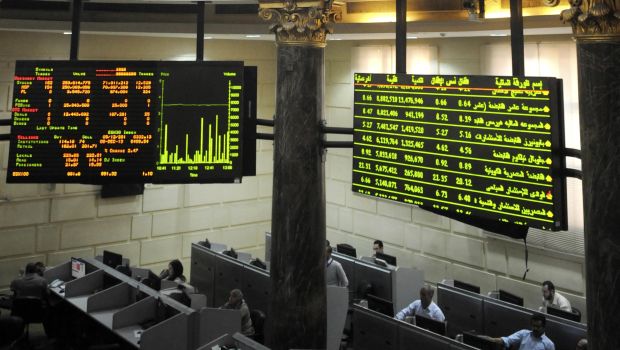
Debate: Family-owned businesses still have a role to play in Gulf economies
Modern world economies have significantly evolved beyond individual and family methods of business ownership. However, these types of businesses, whether small, medium-sized or large, continue to play a significant role in the basic sectors of a number of advanced and...Caption:
An investor looks up at screens displaying stock information at the Dubai Financial Market, June 17, 2013 (REUTERS/Jumana El Heloueh)
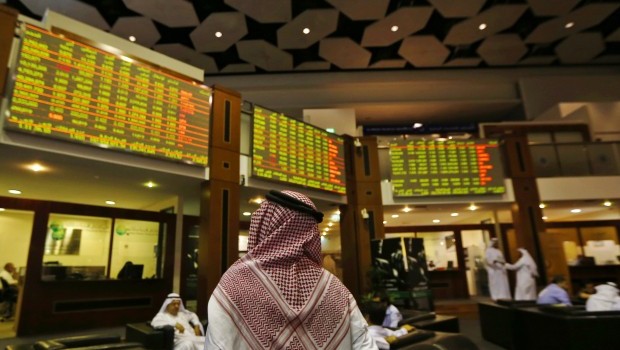
Debate: Family-owned businesses no longer have a role to play in Gulf economies
Despite the criticism and risks that surround them from all sides, family businesses remain very important to the economy, because they make up a large majority of all companies, and employ 75 percent of the work force. In the European Union, family businesses make up...Caption:
Sunni gunmen clash with their Alawite neighboors in the al-Shaarani neighborhood in the Lebanese northern coastal city of Tripoli on November 30, 2013.
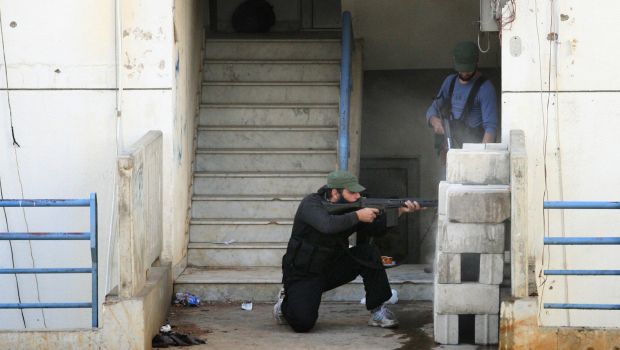
Debate: A national consensus government would not be able to govern Lebanon
No government will be able to rule Lebanon while the militias remain in power. The last few weeks witnessed a breakthrough in terms of forming a government that combined the March 8 and March 14 alliances, as some regional parties reconciled in the wake of an...Caption:
Lebanon’s President Michel Suleiman (C), Lebanon’s Parliament Speaker Nabih Berri, Prime Minister-designate Tammam Salam (L) and Lebanon’s caretaker Prime Minister Najib Mikati (R) attend a graduation parade for Lebanese officer cadets at a military academy in Fayadyeh, near Beirut, marking the 68th Army Day, August 1, 2013. (REUTERS/Sharif Karim.)
